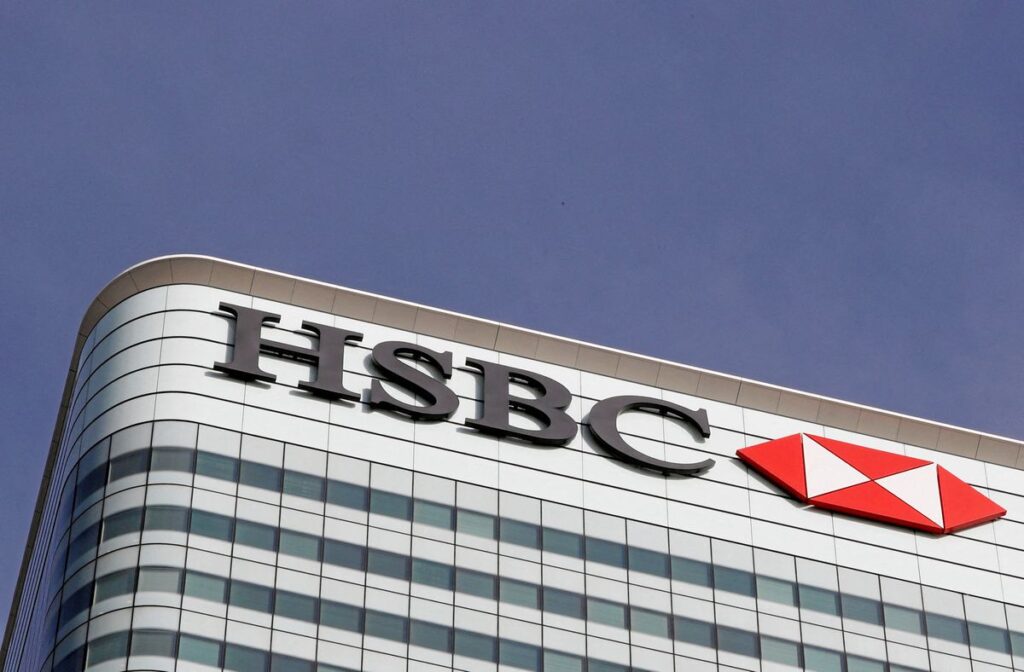HSBC (HSBA.L) sought to woo investors on Monday with a higher profitability target and bullish dividend outlook, as Europe’s biggest bank pushed back on a proposal by top shareholder Ping An Insurance Group Co of China (601318.SS) to split itself.
The London-headquartered bank raised its near-term return on tangible equity goal to at least 12 per cent from 2023 onwards from an earlier flagged 10 per cent minimum. HSBC also said that it intends to revert to paying quarterly dividends from the start of 2023.
“We understand and appreciate the importance of dividends to all of our shareholders. We will aim to restore the dividend to pre-COVID-19 levels as soon as possible,” Chief Executive Noel Quinn, who has been running HSBC for more than two years, said in the results statement.
HSBC said it would pay an interim dividend of 9 cents per share. It also said stock buybacks remain unlikely this year.
The bank’s Hong Kong-listed shares reversed early losses and rose 3.7 per cent in afternoon trade in a weak broader market (.HSI).
HSBC has come under pressure from Ping An to explore strategic options such as spinning off its mainstay Asian business to unlock greater shareholder value.
The proposal has won support from some retail investors in Hong Kong who were disgruntled with dual-listed HSBC’s decision to cancel its dividend payment in 2020.
A Hong Kong politician has urged HSBC to spin off its Asia business and appoint representatives of Ping An to its board, as the global lender prepares to meet with Hong Kong shareholders on Tuesday.
The bank has shared the findings of a review by external advisers into the validity of its strategy with its board, but will not publish them externally, Quinn told Reuters on Monday. “Look at the half-year results, and you’ll see the value of the current strategy,” he said.
HSBC has not directly made a reference to Ping An’s call for splitting the bank but, in an implied rebuttal to the Chinese insurer, said on Monday it is accelerating the restructuring of its US and European businesses, and will rely on its global network to continue to drive profits.
“Our strength as a well connected, global institution is the main reason our wholesale clients choose to bank with us and we are determined to capitalise on the advantages our network gives us,” Quinn said in the earnings release.
HSBC posted a pretax profit of $9.2 billion for the six months ending June 30, down from $10.84 billion a year ago but beating the $8.15 billion average estimate of analysts compiled by the bank.
Asia’s share of profit went up to 69 per cent in the first half from 64 per cent a year ago.
HSBC reported a $1.1 billion charge for expected credit losses, as heightened economic uncertainty and rising inflation put more of its borrowers into difficulties.




